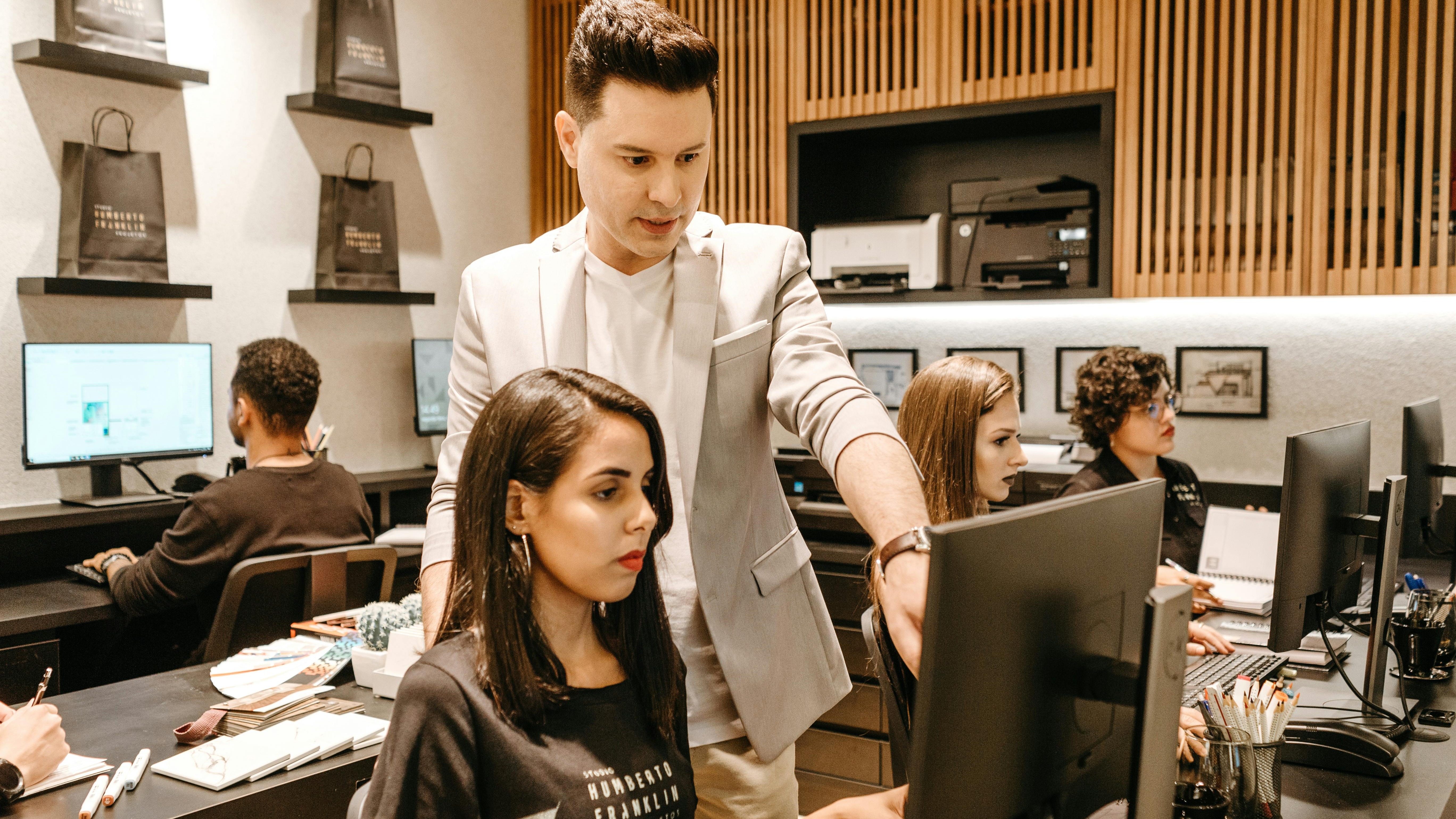
Understanding the Shift in Leadership Styles
As leaders ascend to senior roles, the leadership styles they adopt tend to align with their personal strengths and previous successes. Over time, these styles can become ingrained, almost a brand in themselves, expected by teams and reflective of the leader's authenticity. However, what happens when the landscape of the workplace evolves and these go-to styles start to falter? The post-pandemic world has ushered in significant shifts, highlighting that adaptive leadership is more crucial than ever.
The Importance of Personal Growth and Adaptability
Leadership is not static; it must evolve. This evolution is often driven by changes in workplace culture and team dynamics. A recent focus on psychological safety, hybrid workforce models, and inclusive leadership strategies emphasizes the need for leaders to be adaptable. As generational differences become more pronounced, a one-size-fits-all approach may alienate team members and hinder organizational resilience. Leaders are invited to reflect on their company values and how their personal leadership style aligns with the needs and expectations of a diverse workforce.
Navigating Change in a Hybrid Workforce
Transitioning to a hybrid workforce brings unique challenges. Leaders who thrived in traditional settings may struggle to engage employees who now work remotely or in a blended environment. Effective leadership during change requires listening skills and the ability to foster employee trust. Adapting one's leadership style can involve mentorship opportunities, implementing collaborative tools, and cultivating a culture that champions change management and growth. This is where the role of DEI (Diversity, Equity, and Inclusion) becomes prominent, ensuring that all voices are heard and valued within the organization.
Building a Culture of Trust and Psychological Safety
Further, developing a workplace culture rooted in trust is essential. Leaders must ask themselves whether their current approach nurtures psychological safety. When employees feel safe to express ideas and concerns without fear of reprimand, innovation flourishes. The realization that workplace evolution requires a departure from solely authoritative leadership styles toward more inclusive practices can energize a workforce. Leaders are called to acknowledge this shift and to implement changes that fortify their teams while advancing organizational goals.
As leaders examine their go-to styles, it’s crucial to remain open to change. This allows for more effective interactions with teams, fostering an environment where everyone can thrive. Embracing a growth mindset in leadership may lead to positive outcomes across the board, transforming challenges into opportunities for both employee development and organizational progress.
 Add Row
Add Row  Add
Add 




Write A Comment